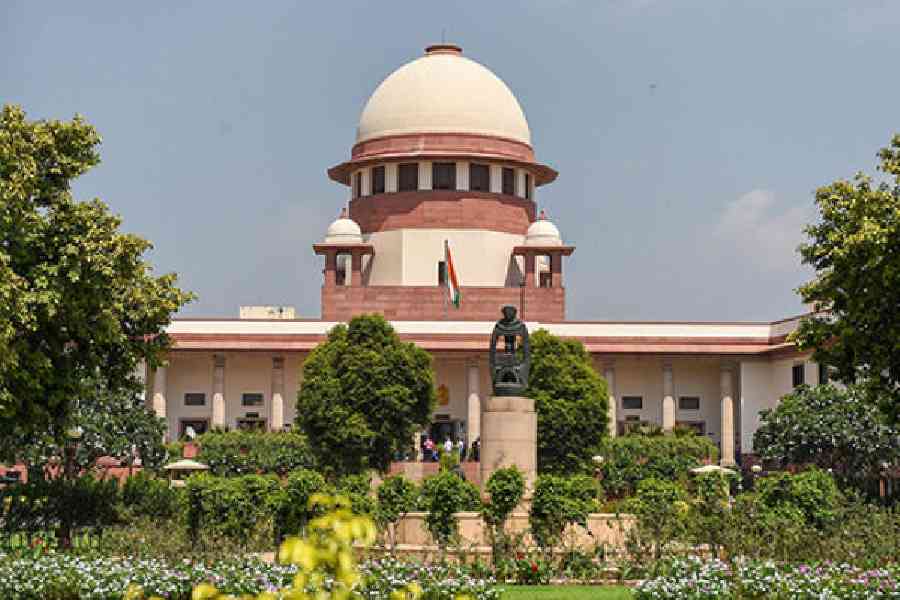The Supreme Court on Friday dismissed a plea by the Kolkata Municipal Corporation (KMC) seeking the right to collect advertisement tax from the Cricket Association of Bengal (CAB) for in-stadia advertisements at Eden Gardens, bringing an end to a three-decade-old legal dispute.
The dispute dates back to 1996 when the KMC, invoking its powers under Section 204 of the KMC Act, levied nearly ₹52 lakh in advertisement tax on the CAB. The levy was in connection with advertisements displayed during the inaugural match of the 1996 Wills World Cup on February 11 and a subsequent semi-final on March 13 that year.
The CAB had challenged the tax in court, and a single judge of Calcutta High Court ruled that the association was not liable. The high court held that Eden Gardens was not a “public place” under the KMC Act since the property is owned by the Union ministry of defence and only leased to the CAB.
The KMC’s intra-court appeal against the single judge’s order was also dismissed by a division bench of the high court on June 19 this year. The corporation then filed a special leave petition in the Supreme Court, challenging the high court’s concurrent findings.
A bench comprising Justices Vikram Nath and Sandeep Mehta, after briefly hearing senior advocate Jaideep Gupta for the KMC, refused to interfere with the high court verdict. The bench noted that merely because the stadium’s boundary walls are visible to the public does not make it a “public place” for levying advertisement tax. By that logic, the court said, even if some advertisements are visible from drones, it cannot make the site a “public place” for tax purposes.
The Supreme Court, in its terse order, stated: “We are not inclined to interfere with the impugned judgment and order. The special leave petition is accordingly dismissed.”

